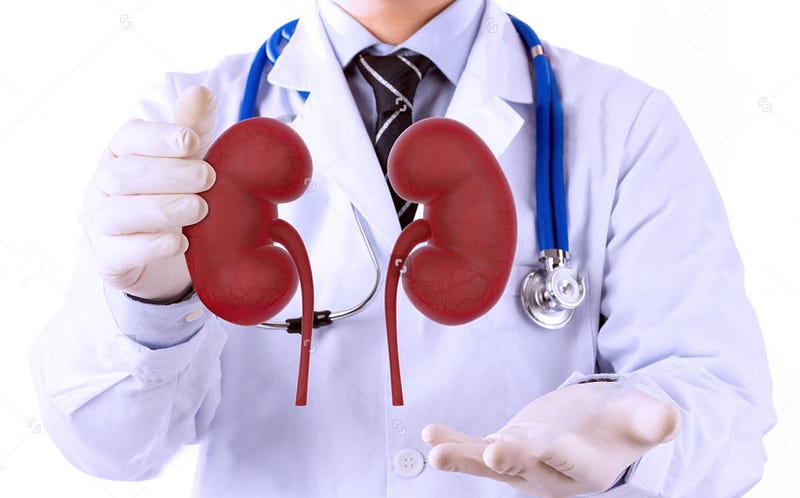A cystoscopy is a medical procedure used to examine the inside of the bladder and urethra, typically performed by a urologist or other trained healthcare provider. It involves the use of a cystoscope, which is a thin, flexible tube with a light and camera at its tip. This instrument allows for direct visualization of the urinary tract structures to diagnose and treat various conditions affecting the bladder and urethra.

Purpose of Cystoscopy:
- Diagnostic Purposes:
- Bladder Conditions: Cystoscopy helps in identifying and evaluating conditions such as bladder stones, bladder tumors or growths, bladder inflammation (cystitis), and bladder wall abnormalities.
- Urethral Conditions: It can also detect issues affecting the urethra, such as strictures (narrowing), urethral polyps, or inflammation.
2. Treatment and Therapeutic Uses:
- Biopsy: During cystoscopy, small tissue samples (biopsies) can be taken for further examination under a microscope to diagnose conditions like bladder cancer.
- Stone Removal: Small bladder stones can be removed during cystoscopy using specialized instruments passed through the cystoscope.
- Placement of Ureteral Stents: In cases of urinary tract obstruction, such as from kidney stones, a cystoscope can guide the placement of a ureteral stent to relieve blockage and promote urine flow.
- Treatment of Bleeding: Procedures like cauterization or laser therapy can be performed through the cystoscope to treat areas of bleeding within the bladder.
Procedure Overview:
- Preparation: Before the procedure, patients may need to empty their bladder and wear a hospital gown. Anesthesia or a numbing gel may be applied to the urethra to minimize discomfort during insertion.
- Insertion of Cystoscope: The cystoscope is gently inserted into the urethra and carefully advanced into the bladder. The camera at the tip of the cystoscope transmits real-time images of the bladder and urethra to a monitor for the healthcare provider to examine.
- Visual Examination: The provider inspects the lining of the bladder and urethra, looking for abnormalities, lesions, stones, or signs of inflammation.
- Treatment (if needed): Depending on findings during the cystoscopy, diagnostic procedures like biopsies or therapeutic interventions such as stone removal or cauterization may be performed.
- Post-Procedure: After the cystoscopy, patients may experience mild discomfort or a burning sensation during urination, which usually resolves quickly. Drinking plenty of fluids can help flush out any residual discomfort.
Risks and Considerations:
While cystoscopy is generally safe, it carries some risks, including:
- Urinary Tract Infection (UTI): The procedure can introduce bacteria into the urinary tract, leading to an infection.
- Bleeding: Minor bleeding may occur, especially if biopsies or other treatments are performed.
- Perforation: Rarely, the cystoscope may cause a perforation (tear) in the bladder or urethra.
Cystoscopy is a valuable tool in urology for diagnosing and treating a range of urinary tract conditions. It provides detailed visual information that helps guide treatment decisions and ensures optimal care for patients experiencing urinary symptoms or suspected bladder abnormalities.
Comments
Post a Comment